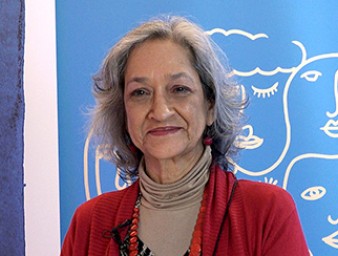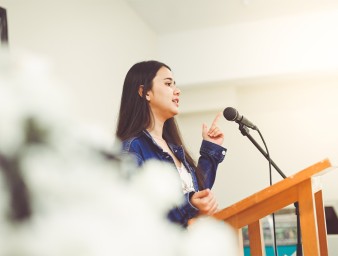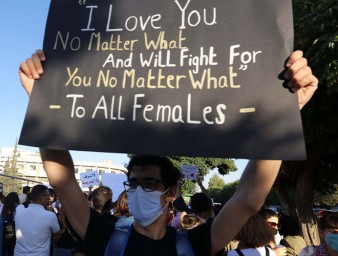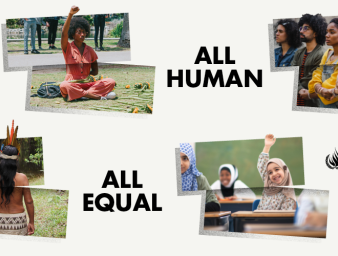Expert: COVID-19 has caused an “education crisis”
10 July 2020
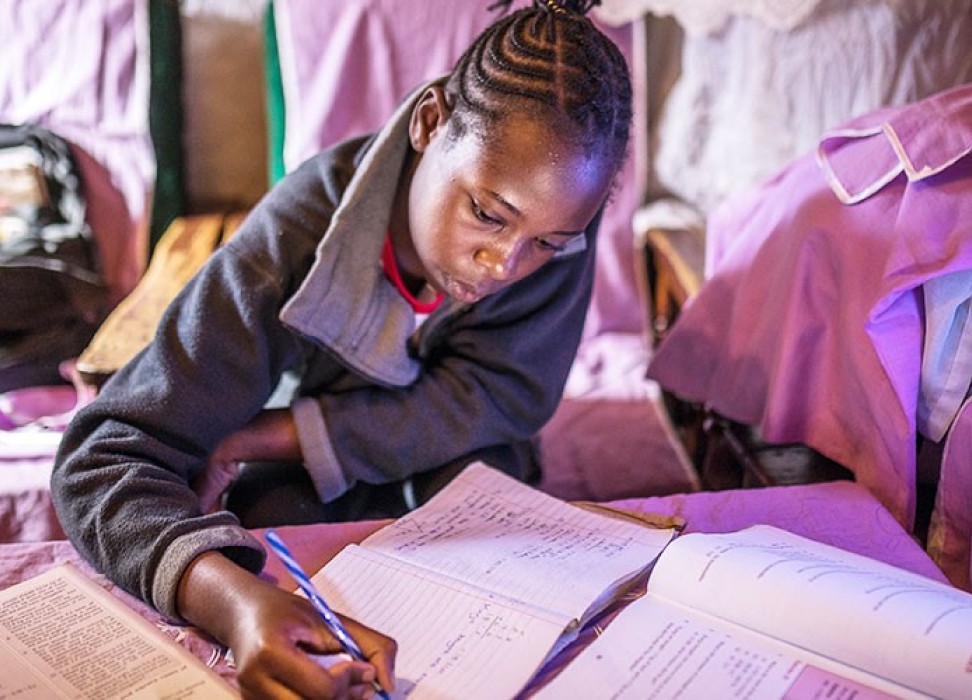
An "education crisis" has plagued students the world over during the first half of 2020, and it continues in many parts of the world, according to the UN Special Rapporteur on the right to education, Koumba Boly Barry.
Boly Barry was presenting her report on how the COVID-19 pandemic has affected the right to education, to the 44th Session of the Human Rights Council in Geneva, Switzerland.
According to the latest figures from UNESCO, there are still more than one billion learners affected by school and university closures.
While the first phase has now passed and many schools and educational institutions have reopened, Boly Barry said it was essential to conduct a thorough analysis of how this period severely impacted the right to education. Using a human rights lens was essential, she added, particularly so the rights of the most vulnerable are protected.
For Boly Barry, the long-term impact of the pandemic on education worldwide will depend on the measures countries adopt now. "The main question is whether we will be able to generate positive change, not reverse the progress made in recent decades," she stated.
She also added that it was critical not to lose sight of the broader context, and reminded that 258 million children and young people were already out of school before the pandemic. "Public education systems remain underfunded and under pressure, inequalities in education are intolerable, and access to education remains a dream for many," she said.
The report recommends that States must carry out a multidimensional response to the crisis. The interrelation and interdependence of human rights is clear, the report states, including for example the right to adequate nutritious food (when food is distributed by schools) and the right to adequate housing (essential for home schooling).
"Action must be based on a continuum between education, health, housing, food, employment and essential social services," said Boly Barry. "States must take care not to redirect massive funding towards health or economic recovery at the expense of education."
The report also warned against the excessive use of digital technologies to enable home schooling. This risks exacerbating inequalities, said Boly Barry, citing figures from UNESCO which show that 826 million students do not have access to a home computer, and 706 million do not have internet at home.
"The simplest technologies, such as printed documents, can have a positive impact on the continuity of learning during school closures, and should be an essential part of the response," stated Boly Barry.
The "disastrous consequences of the massive use of screens by children" as well as the dangers of online abuse must be taken into account, she added.
The rights of teachers and other education staff was another point highlighted in the report. Boly Barry expressed concern about the sanitary conditions many staff had to endure, without sufficient protection. The report also mentions the decline of remuneration for many staff as a result of the pandemic, stating that teachers in the private sector have been particularly affected.
Boly Barry urged that measures are put in place to protect and guarantee the right to health, including mental health well-being, of every staff and student.
While commending the efforts of States "who have done their best to resolve the education crisis in a very short time," as well as the mammoth work of teachers during this period, she said past mistakes could never have prepared the world for this crisis.
"The past failure to build strong and resilient education systems has opened the door to a dramatic impact on the most vulnerable and marginalised, which no hasty temporary measure could have prevented," she said.
For Boly Barry, "building back better" requires acting within a human rights framework in order not to compromise the right to education, and to avoid an escalation in the suffering of the most marginalised.
10 July 2020
